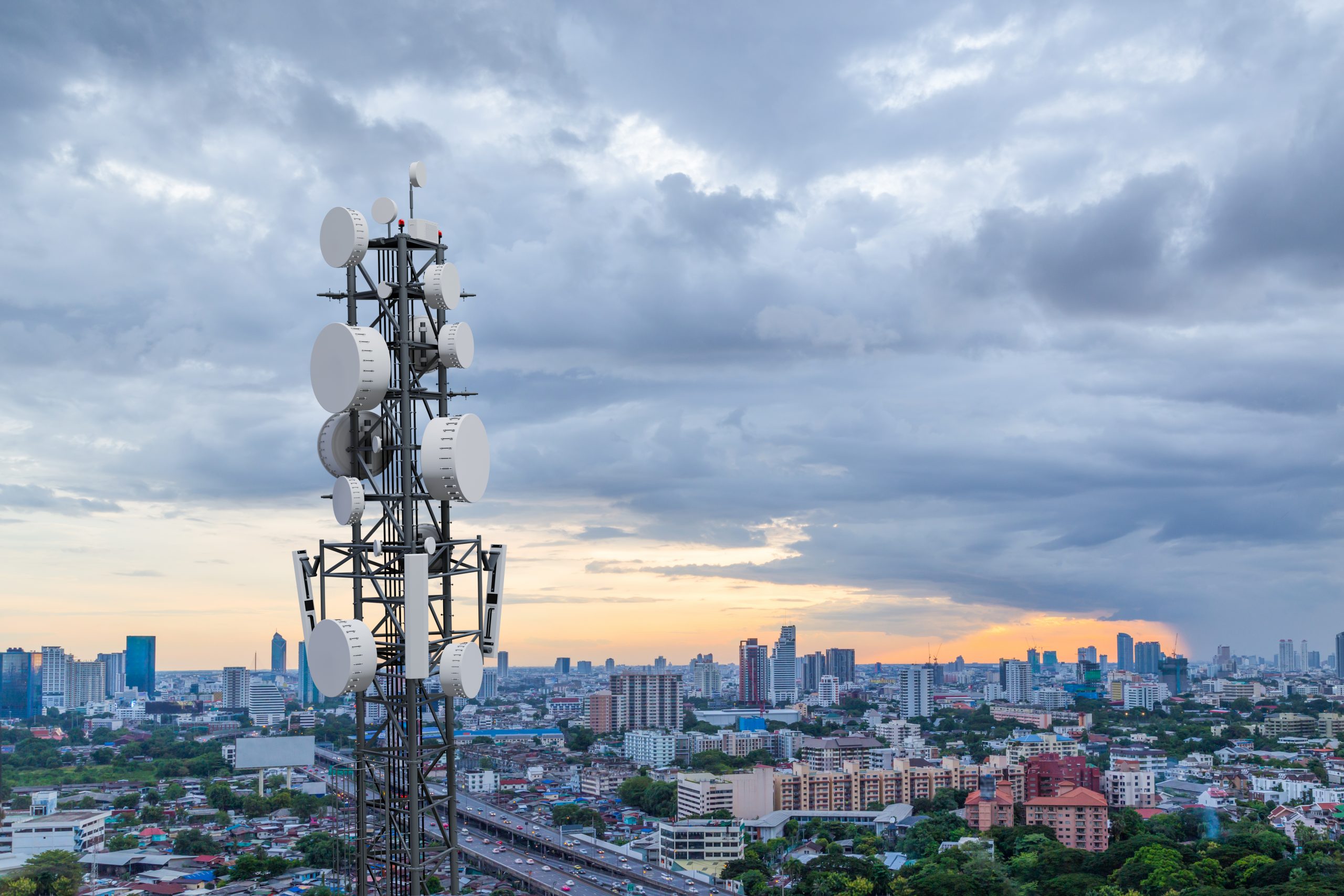Cellwize, an Israel-based mobile network startup on Monday announced that it has raised USD 32 million, led by Intel Capital and Qualcomm Ventures. Verizon Ventures, Samsung Next, and existing shareholders also contributed new funds.
The company is planning to accelerate its global expansion and Southeast Asia will be a strategic focus. “Cellwize is heavily committed to Southeast Asia, with a number of existing key customers there, including Axiata group,” CEO Ofir Zemer told KrASIA. “There is huge potential in the region, and in Asia as a whole regarding 5G.”
The firm has worked with notable players in the region, including Malaysia’s Axiata group, Sri Lanka Telecom, Nepal’s Ncell, and Vietnam’s Mobifone. When asked about growth potential of 5G in Asia, Zemer is very optimistic. “There have already been 5G deployments in Southeast Asia or Asia, and we believe these will accelerate significantly in 2021 and beyond, and a number of our discussions are already planning for this.”
He pointed out that the diversity in terms of population, demographic, and economic development are a major hurdle to overcome. “Our approach, therefore, is to have a clear understanding across the region of the 5G spectrum or license availability, deployment plans, and plan accordingly with existing and potential new customers,” said Zemer.
Founded in 2012, the company’s flagship product Cellwize Chime allows mobile network operators to manage and control both legacy and 5G networks, Radio Access Network (RAN), and virtual Radio Access Network (vRAN). Operators can democratize their network management functions and deliver fast innovation with unprecedented flexibility, scalability, and agility to monetize 5G and accelerate the revolution, the company claims.
The news came shortly after Vietnamese telecom giants Viettel and Mobifone received trial licenses to “commercially test” 5G in Ho Chi Minh City and Hanoi, the country’s two largest cities. The test will allow the companies to “evaluate their technology and market size” before commercial operations commence.
Zemer said the trial license will help Cellwize to extend their collaboration with Vietnamese telecoms to address issues related to 5G deployment and automation, adding that Cellwize solutions are already deployed across the country.
Other countries in the region have also sprung up to deploy 5G networks. Cambodia and Thailand are slated to roll out 5G in 2021, Malaysia and Indonesia by 2022, while Singapore’s StarHub and Singtel have already launched 5G trials in the country.
According to a report conducted by management consulting firm A.T. Kearney, 5G deployment could translate a wealth of potential for operators, which could add 6–9% to consumer revenues and 18–22% to enterprise revenues by 2025. The report projected that Indonesia will capture the biggest share, followed closely by Malaysia, Singapore, and Thailand.
